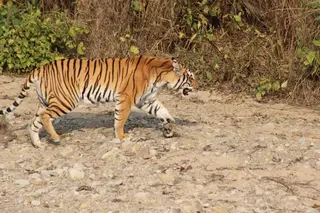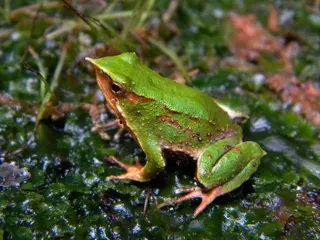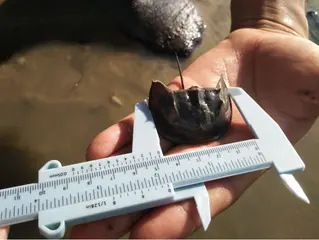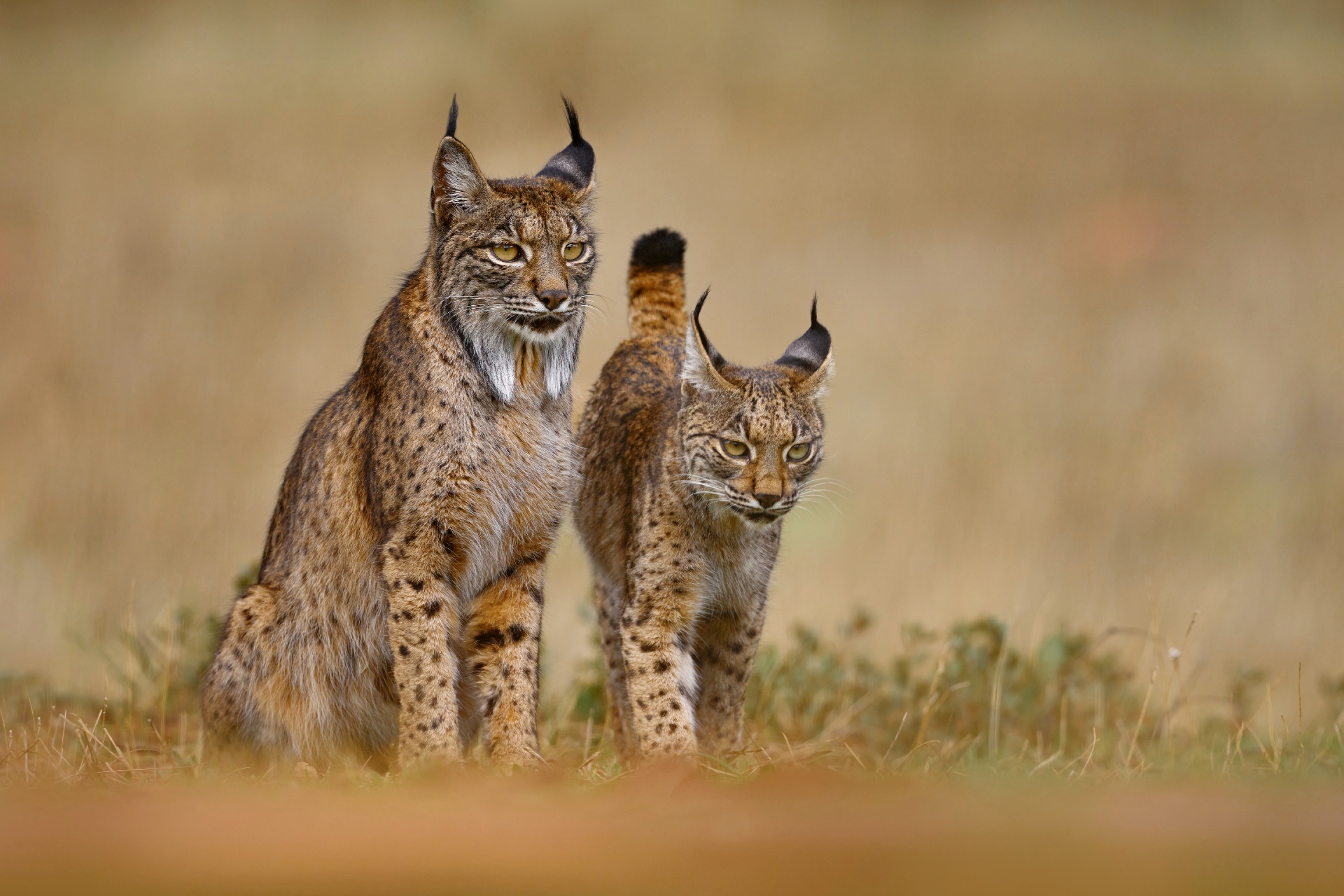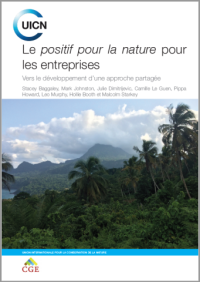Assess, Plan, Act
IUCN and the Species Survival Commission (SSC) approach conservation efforts by taking into account three essential steps: Assess, Plan and Act.
While Assess is about assessing the conservation status of species and Plan is the part of the process that enables the development of conservation strategies to protect species, it is only in Act, the last step of the process, that we are able to deliver conservation action on the ground that saves species from extinction.
IUCN currently has a variety of different programmes and initiatives that implement and guide species conservation action around the world. Reverse the Red, IUCN Save Our Species, the Integrated Tiger Habitat Conservation Programme and others make use of a carefully balanced network that involves different stakeholders such as non-governmental organisations, scientists, government agencies and local communities. By collaborating together, we are able to have a tangible, positive impact on biodiversity and threatened wildlife.
Forging strong partnerships between donors and the conservation community is therefore essential to lay the groundwork for effective species conservation action. If we want to reverse the trend of biodiversity loss and increase species population numbers, this is where we should focus our efforts.
